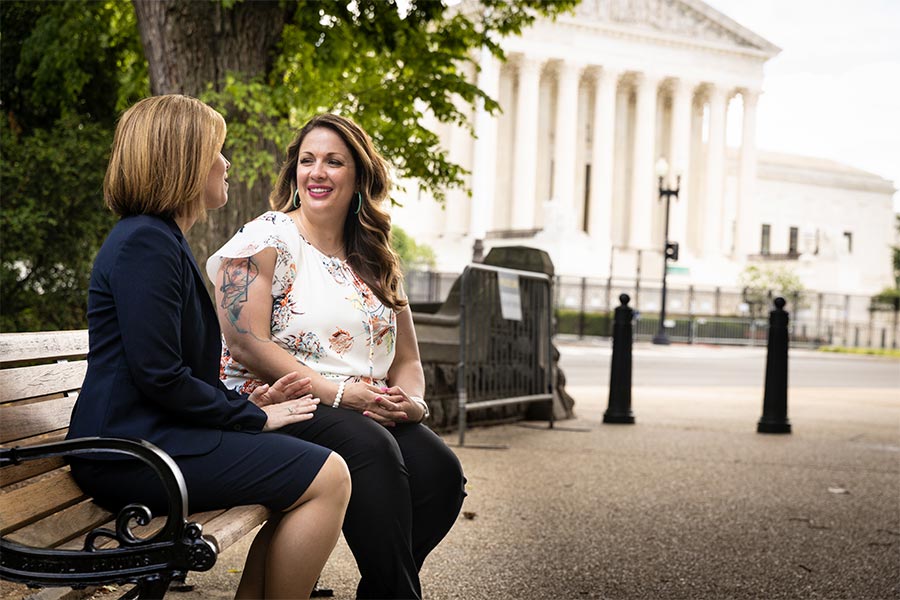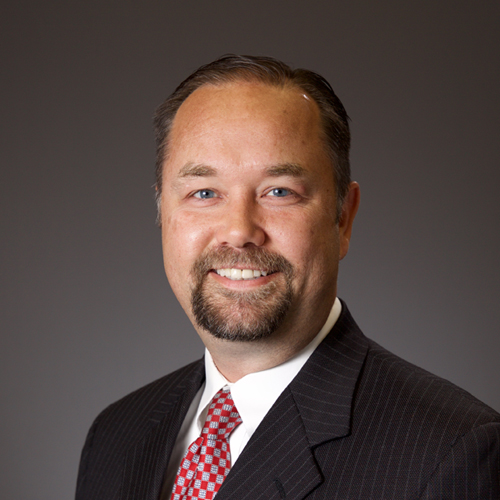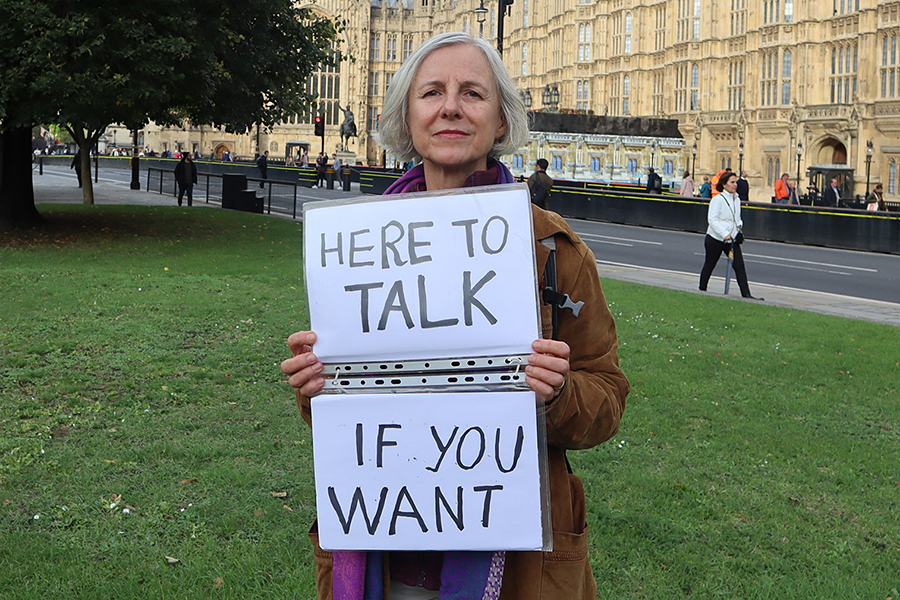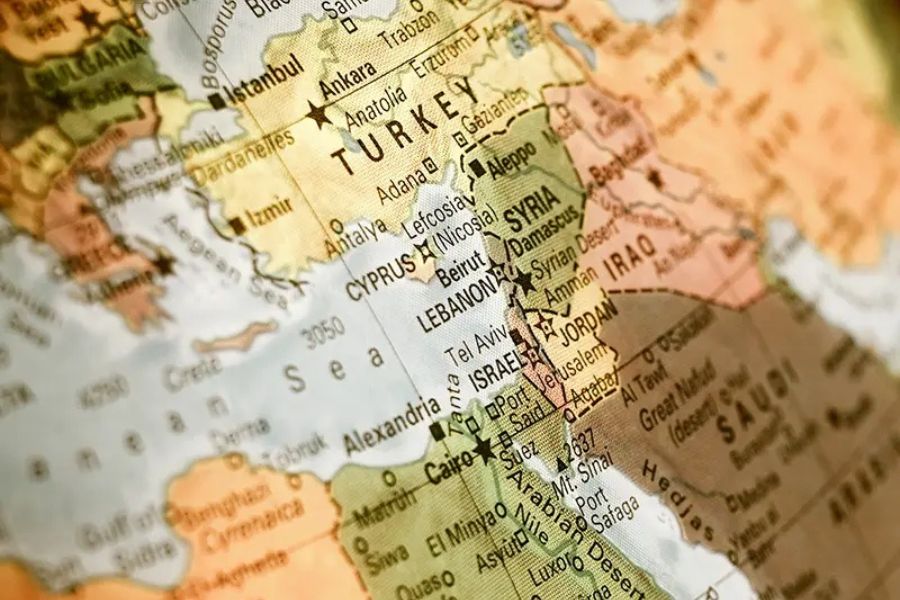
The freedom of speech is a hallmark of what it means to live in a free society. For much of human history, free speech did not exist. And in many countries across the world today, it still does not exist. These countries are often ruled by dictators who ensure that those who disagree with them are silenced, imprisoned, or even killed.
By contrast, countries like the United States have constitutions and laws guaranteeing the right to free speech to protect us from the dangers of tyranny. As Americans, this freedom is one of our most cherished rights.
But what is freedom of speech, exactly? Why is it important? And what threats does it face today?
What is the definition of freedom of speech?
The freedom of speech is the ability to say, write, or otherwise express ideas and beliefs without facing punishment or retaliation from the government. From verbal speech to artistic creation to words on clothing to flying a flag, free speech comes in many forms.
Free speech not only entails a right to think or express what you want in the privacy of your own mind or home. To be able to live freely in accordance with your beliefs, you must be able to express those beliefs in public.
Which amendment guarantees freedom of speech?
Free speech is guaranteed to all Americans by the First Amendment to the U.S. Constitution. It states in part, “Congress shall make no law … abridging the freedom of speech.” The Founding Fathers understood how important it is to allow every citizen to speak freely, and that is why they amended the Constitution to enshrine this right.
Why is freedom of speech important?
Freedom of speech is at the very heart of what it means to pursue truth, learn new ideas, and express one’s thoughts.
When we talk with other people, we learn, grow in understanding, and shape each other’s ideas. We work together in exploring our world and expanding our knowledge—all through speech. And without the freedom of speech, this exchange of ideas cannot take place, and civilization as we know it would come to a grinding halt.
In addition, the freedom of speech is intimately tied to our freedom of conscience. Words are expressions of our fundamental beliefs and truth claims. If the government can dictate what you can or cannot say, it has the power to not only make you express ideas that violate your conscience but to keep you from expressing what you do believe.
When government officials attempt to control speech, they are not simply limiting the words that come out of your mouth. Rather, to control speech is to try to control what you think and what you do. Government control over speech means that they have the power to control what ideas you hear or don’t hear. This, in turn, influences your thoughts, beliefs, and actions.
Freedom of speech is a fundamental part of any free society.
What has the Supreme Court said about free speech?
The Supreme Court has recognized broad protections for the freedom of speech. Under normal circumstances, people have the right to express (or not express) whatever beliefs they want through whatever peaceful means they so choose. Governments need a strong compelling interest to limit speech. Some notable exceptions the Supreme Court has made to free speech protections include incitement, obscenity, defamation and libel, fraud, fighting words, true threats, and speech integral to criminal conduct.
ADF is proud to stand in the tradition of Supreme Court free speech jurisprudence. Several of our 16 Supreme Court wins have strengthened free speech protections in the United States.
Reed v. Town of Gilbert (2015)
Pastor Clyde Reed of Good News Community Church relied on small signs pointing people to his church services, since his small congregation often had to meet at different locations such as public schools. But according to the town of Gilbert, Arizona, the church signs could only be six square feet, displayed for no more than 14 hours, and limited to four per property.
By comparison, a political sign could be up to 32 square feet and displayed for months at a time, and an ideological sign could be displayed indefinitely with no limit to how many could be posted. Such disparate treatment is unfair and unconstitutional. That’s why ADF stepped in and represented Pastor Reed all the way to the Supreme Court.
The Court ruled in favor of Pastor Reed by an overwhelming 9-0 vote. The decision made it abundantly clear that Gilbert had violated the free speech rights of the church by discriminating against its speech. Churches throughout the country should be able to communicate to the public on the same terms as other organizations, political parties, and businesses.
National Institute of Family and Life Advocates (NIFLA) v. Becerra (2018)
In 2015, a California law required pro-life pregnancy centers to inform pregnant women that they could obtain free or low-cost abortion services in the state. In addition, the law required non-medical pregnancy centers to add large disclosures stating they were not medically licensed, wrongly implying they were not qualified to offer services or materials to pregnant mothers.

ADF attorneys represented a nonprofit network of pregnancy centers called the National Institute of Family and Life Advocates (NIFLA) before the Supreme Court in a lawsuit against California’s policy. In a victory for free speech, the Court ruled that California could not compel pro-life groups to advertise a government message against their deeply held beliefs.
303 Creative v. Elenis (2023)
Lorie Smith is a graphic artist based in Colorado who started her own design studio, 303 Creative, in 2012. While she wanted to express messages promoting biblical marriages, she realized that a Colorado law (the same one used to target Jack Phillips) would force her to also create custom art celebrating opposing views of marriage she did not believe.
With the help of ADF attorneys, Lorie challenged the Colorado law and sought the freedom to create art without being compelled by the government to express messages that conflict with her faith. In June 2023, the Court ruled in a 6-3 decision that Colorado cannot force Lorie to express messages she disagrees with. The decision reaffirms the right of Lorie and all Americans to create freely in accordance with their beliefs without fearing unjust government punishment.
Threats to free speech
Despite the Supreme Court’s strong protections for free speech, many governments, workplaces, schools, and other institutions still attempt to suppress speech they disagree with through censorship or try to compel speech in favor of their preferred ideology or beliefs. In recent years, this has been especially true when it concerns speech about abortion, marriage, gender, and sexuality.
ADF has stood alongside numerous brave clients from around the world to ensure that everyone’s free speech rights are protected.
Education
Across the country, public school teachers and students have been punished for choosing which messages to express or not express.
Students
When he was in seventh grade, Liam Morrison was punished after wearing a T-shirt displaying the message, “there are only two genders.” The principal removed him from class and told him he must change his shirt to remain at school. Liam politely declined to change the shirt, and the principal sent him home for the remainder of the day.
A couple of months later, Liam wore a shirt with the message, “there are censored genders.” Once again, the principal told him he must change his shirt to attend class, and Liam agreed only so that he did not miss another day of school.
ADF attorneys filed a lawsuit after the second incident, but a federal district court ruled against Liam’s freedom of speech. ADF has appealed the ruling to the U.S. Court of Appeals for the 1st Circuit and is asking the court to protect his First Amendment rights.
Another student, Maggie DeJong, was also punished for expressing her beliefs. Maggie was a grad student at Southern Illinois University Edwardsville’s art therapy counseling program. Both online and in classroom discussions, Maggie, like any other student, shared her beliefs about a wide range of subjects.
But she quickly found out that her views, informed by her Christian faith and conservative political beliefs, were often not in line with those held by other students in the art therapy program. Some students said Maggie’s speech was “harmful” and constituted “harassment” and “microaggressions.” They reported her to the university, leading the school to issue no-contact orders against Maggie and investigate her.

Thankfully, after ADF filed a lawsuit, a federal court ruled in Maggie’s favor, leading the university to settle. The settlement included $80,000 in damages and attorneys’ fees, mandatory First Amendment training for three professors with ADF attorneys, and a revision of the policies that allowed the school to violate Maggie’s constitutional rights.
Teachers and professors
Teachers and professors have also had their free speech rights violated, especially when it comes to the compelled use of transgender terminology (including so-called “preferred pronouns”).
Philosophy professor Dr. Nicholas Meriwether was threatened with “corrective actions” from Shawnee State University after declining to use feminine pronouns to refer to a male student. ADF filed a lawsuit against the university on behalf of Dr. Meriwether and eventually secured a victory for him at the U.S. Court of Appeals for the 6th Circuit.
In Virginia, high-school French teacher Peter Vlaming was fired by his school for respectfully declining to use male pronouns to refer to a female student. Thankfully, a strong ruling from the Virginia Supreme Court reinstating Peter’s case affirmed that Virginians have a right not to be forced to speak messages that violate their beliefs.
The public square
In East Lansing, Michigan, Steve and Bridget Tennes, owners of Country Mill Farms, were kicked out of a farmers market after stating their biblical beliefs about marriage in response to a question on their Facebook page. City officials even went so far as to change the market policies to exclude Country Mill—and only Country Mill—from future market participation.
But a district court ruled in favor of the farm, leading the city to settle for $825,000 in damages and attorneys’ fees and agree to protect the Tennes’ constitutional right to speak and operate according to their religious beliefs.
In 2021, the Frederick Douglass Foundation and Students For Life exercised their First Amendment rights by chalking pro-life messages on the sidewalk in Washington, D.C. What was the message? “Black Pre-Born Lives Matter.” But when two students began to chalk these messages, even after obtaining a permit to assemble, police officers arrested them for “defacing public property.” This, despite the fact that the city had previously sponsored “Black Lives Matter” to be painted on the city street.
A lower court dismissed the lawsuit filed by ADF on behalf of Frederick Douglass Foundation and Students for Life, but the U.S. Court of Appeals for the D.C. Circuit reversed the lower court’s decision, allowing the lawsuit to proceed.
The government can’t pick winners and losers when it comes to free speech.
De-banking
In addition to governments, private banks are engaging in viewpoint discrimination, closing people’s accounts under circumstances strongly suggesting it was because of their religious or political beliefs. This practice is called de-banking.
To give an example, in 2023, Bank of America sent Indigenous Advance Ministries (a charity serving widows and orphans in Uganda) a series of letters stating that it was suddenly closing the ministry’s deposit and credit card accounts within 30 days. The bank said only that it no longer wanted to serve the ministry’s “business type” and that Indigenous Advance exceeded the “bank’s risk tolerance.” The bank also sent a letter closing the account of a local church that occasionally supports Indigenous Advance.
In March 2024, ADF’s Senior Counsel and Senior Vice President of Corporate Engagement Jeremy Tedesco testified before Congress about the dangers that de-banking poses to Americans of all beliefs and about ADF being swept up in a dragnet where federal law enforcement and major financial institutions were flagging it and other mainstream conservative and religious groups as domestic terrorist threats.
International
Freedom of speech faces threats not only in the U.S. but across the world. Outside the United States, the First Amendment does not apply. Thus, free speech protections vary from country to country.
The United Nations Declaration of Human Rights, Article 19, states, “Everyone has the right to freedom of opinion and expression; this right includes freedom to hold opinions without interference and to seek, receive and impart information and ideas through any media and regardless of frontiers.” Yet, even with this declaration, this hasn’t stopped countries from violating the principle of free speech.
In 2019, Finnish Parliamentarian Päivi Räsänen posted a tweet with Bible verses questioning her church’s official partnership with the LGBT event “Pride 2019.” But this simple expression of her beliefs soon caused Dr. Räsänen to face criminal charges of “hate speech.” Although Päivi has twice been unanimously acquitted of any wrongdoing in lower courts, she will now stand trial a third time for her Bible-verse tweet, now at the Finnish Supreme Court.

In the United Kingdom, citizens have been arrested for praying silently near abortion facilities. Local governments are creating “buffer zones” through so-called public space protection orders to censor the silent prayers of pro-life volunteers. ADF International is supporting the defense of multiple clients who have been arrested, fined, or threatened with jail time simply for praying in their own hearts and minds.
ADF International is also working to save the life of Nigerian musician Yahaya Sharif-Aminu, who was sentenced to death for a WhatsApp message and is currently imprisoned under the blasphemy law of Kano State in northern Nigeria. Yahaya’s case was filed at the Supreme Court of Nigeria in November 2022, and it has the potential to overturn the country’s draconian blasphemy law regime. The Nigerian Supreme Court has yet to announce when the case will be heard.
Conclusion
It is impossible to have a free society without the freedom of speech. When governments can control speech, they can not only control the exchange of ideas and flow of information but how we think and how we live.
Free speech is for everyone. People should be free to express their views regardless of whether the government agrees with them and regardless of whether the ideas are popular. In fact, it is when one’s ideas are most contested that the freedom to speak and express them matters most because—despite being unpopular—they just might be true.






